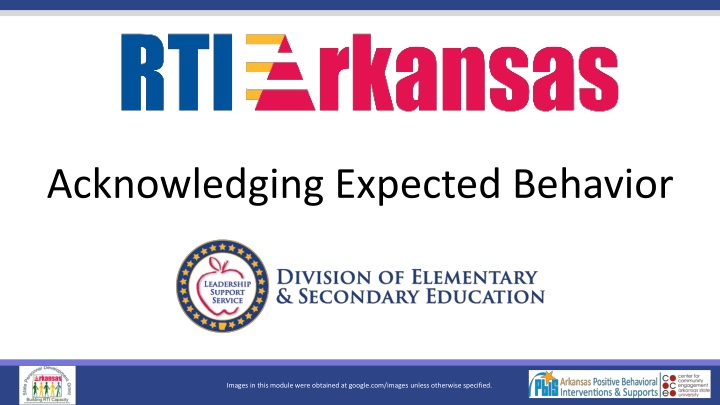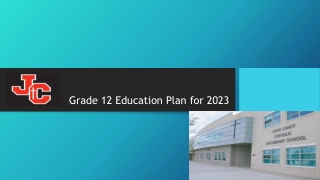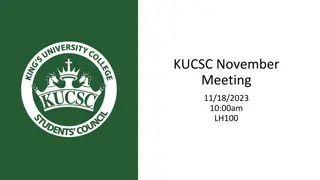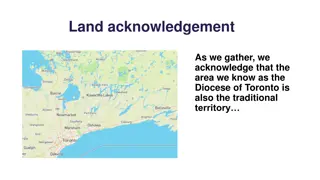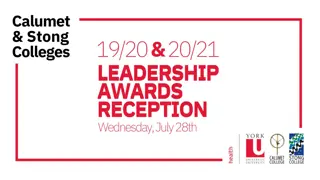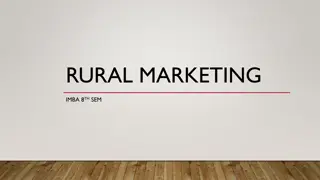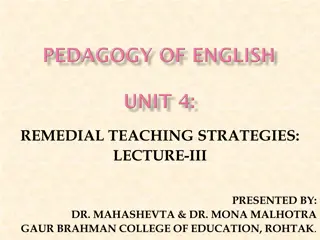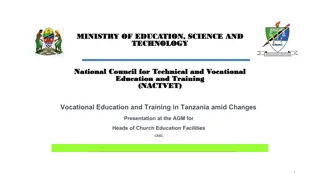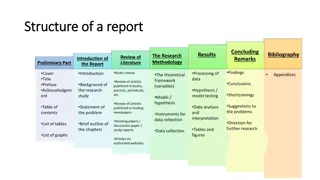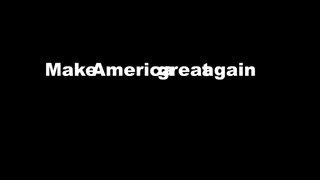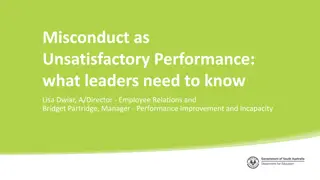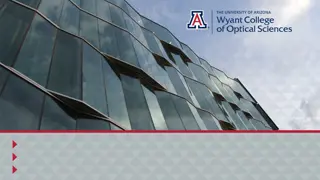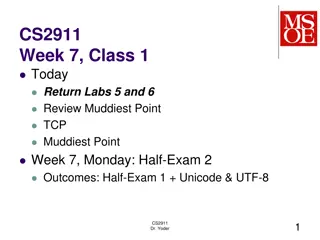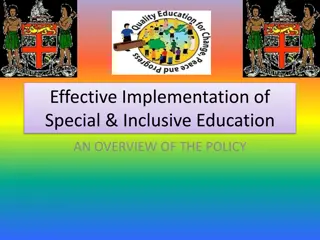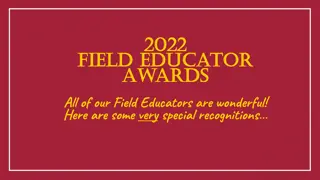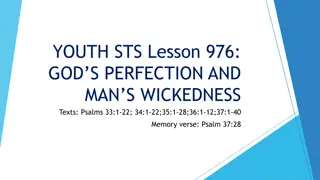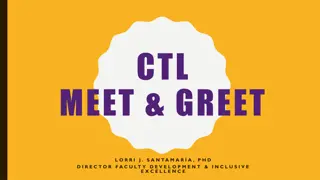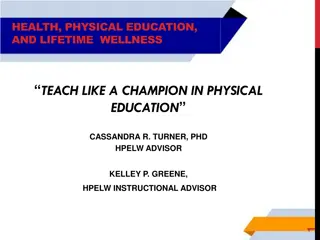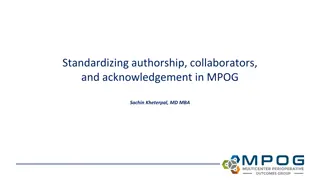Effective Acknowledgement Strategies in Education
Explore the importance of acknowledging appropriate behavior in educational settings. Learn why acknowledgments matter, types of acknowledgments, and guidelines for effective implementation. Discover how to focus on positive behaviors, utilize adult attention effectively, and align acknowledgments with behavioral expectations. Enhance student motivation and foster positive relationships through strategic acknowledgment practices.
Download Presentation

Please find below an Image/Link to download the presentation.
The content on the website is provided AS IS for your information and personal use only. It may not be sold, licensed, or shared on other websites without obtaining consent from the author.If you encounter any issues during the download, it is possible that the publisher has removed the file from their server.
You are allowed to download the files provided on this website for personal or commercial use, subject to the condition that they are used lawfully. All files are the property of their respective owners.
The content on the website is provided AS IS for your information and personal use only. It may not be sold, licensed, or shared on other websites without obtaining consent from the author.
E N D
Presentation Transcript
Acknowledging Expected Behavior Images in this module were obtained at google.com/images unless otherwise specified.
Context Why acknowledge appropriate behavior? What are acknowledgements? Behavior expectations Types of acknowledgements Guidelines for acknowledgements
Why Acknowledge Appropriate Behavior? Focus on positive instead of negative Compete with problem behavior Foster a welcoming, positive climate Increase teaching time! Reinforce the behavior Encourage future behavior
The Power Of Adult Attention Give more non-contingent positive attention Give more contingent positive attention Shift focus more on expected behaviors Some preferred adult behaviors: Proximity Listening Eye contact Smiles Use students name
Focus On Behavioral Expectations Acknowledgements must be tied to one of your behavioral expectations. reflect one of the specific behaviors in your matrix. They are not for just any positive behavior S.O.A.R. Western Hills Elementary Little Rock, AR
Acknowledgements Are Reinforcements given by ADULTS to any students displaying expected behaviors.
School-wide Acknowledgements Unexpected/ Intermittent Bring surprise attention to certain behaviors or at scheduled intervals. High Frequency /Predictable Delivered at a high rate for a short period. Long-term Celebrations Based on long-term goals and data.
Most Importantly: Any adult interaction with a student can be an instructional moment. Create positive relationships with students!!!
Guidelines For Use Of Acknowledgements Over time, move from: Extrinsic to intrinsic motivation Frequent to less frequent Predictable to unpredictable Tangible to social For every student Can individualize for some No take-backs Use data for boosters
Some Rules Of Acknowledgements All staff give them Only for meeting behavior expectations that are taught Link to behavior on the matrix Give immediately (no IOUs)
Be SPECIFIC In Your Praise! Example: Thank you, David for picking up that trash! I appreciate how you are respectingour cafeteria!
Systemize It: Guiding Questions Why are you doing this? What type of acknowledgements? How are they given? (When, where, who ?) How are they redeemed? (When, where, who ?) How to ensure consistency? Who will order/print/design tokens/tickets?
Type What When Who Each day, Ten teachers will randomly distribute Lancaster Knights to students caught making Safe, Respective, and Responsible choices Redeemed Immediately Implementation Team: Create Lancaster Knights cards and distribute cards to staff Maintaining a taught behavior (fading) Educational Assistant/Support Staff: Collect Lancaster Knights card, make phone calls, and take pictures Intermittent/ Unpredictable Quarterly celebrations for Kindergarten, Primary, Intermediate, and Middle School for classrooms that earn the most Lancaster Shields Classrooms with the most Shields per quarter will Spin The Wheel Implementation Team: Design and creation of PBIS Rewards Wheel, Create a prize list, and executing implementation the prize Implementation Team: Determine school-wide goal and school-wide celebration When the school reaches school- wide goal, school- wide dances, ice cream socials, movie days, popcorn parties, field day/recess party will be held to celebrate May range from monthly to quarterly depending on PBIS Goal Long-term, Schoolwide Celebrations
Intermittent Acknowledgement Examples Raffle Example: All earned tickets are placed in boxes by grade level, and monthly drawings are held for prizes. Surprise drop-in from principal Example: Principal asks teacher if all students were on time that day; if yes, the entire class gets a surprise. Special privileges Example: Give students an early lunch or homework pass, based on pre- determined criteria.
Long-term Celebration Examples Goal-based example: If 80% + of students have perfect attendance, everyone gets a special assembly. Some students can get extra: Student with an individual goal: If Steve attends school 70% of days, he can also sit with friends of his choice. Students with 100% can get some additional acknowledgement beyond what the whole group gets. Students can use acknowledgements like tickets for activities or treats.
Guiding Questions: Staff Acknowledgements How will you acknowledge staff? What problems do you expect? How do you ensure they are given out properly and consistently?
Do It With Fidelity! Tiered Fidelity Inventory (TFI) Efficient, valid index of extent to which PBIS core features are in place Section 1.9 Feedback and Acknowledgement
1.9 Feedback And Acknowledgement Subscale: Implementation Scoring Criteria 0 = Not implemented 1 = Partially implemented 2 = Fully implemented 0 = No formal system for acknowledging students. Feature Data Sources 1.9 Feedback and Acknowledgement: A formal system (i.e., written set of procedures for specific behavior feedback that is [a] linked to school- wide expectations and [b] used across settings and within classrooms) is in place and used by at least 90% of a sample of staff and received by at least 50% of a sample of students. TFI walkthrough tool Main Idea: Students will sustain positive behavior only if there are regular strategies for continuous re- teaching and rewarding appropriate behavior. Formal systems are easier for teachers/staff to implement. 1 = Formal system is in place but is used by at least 90% of staff and/or received by at least 50% of students. 2 = Formal system for acknowledging student behavior is used by at least 90% of staff AND received by at least 50% of students.
Summary Three types of acknowledgements: 1. Immediate: reinforcement of newly learned behaviors 2. Intermittent: to encourage continued use of behaviors 3. Long-term: to work towards a school-wide goal Develop a system to ensure acknowledgements are used consistently. Acknowledge staff for their efforts.
